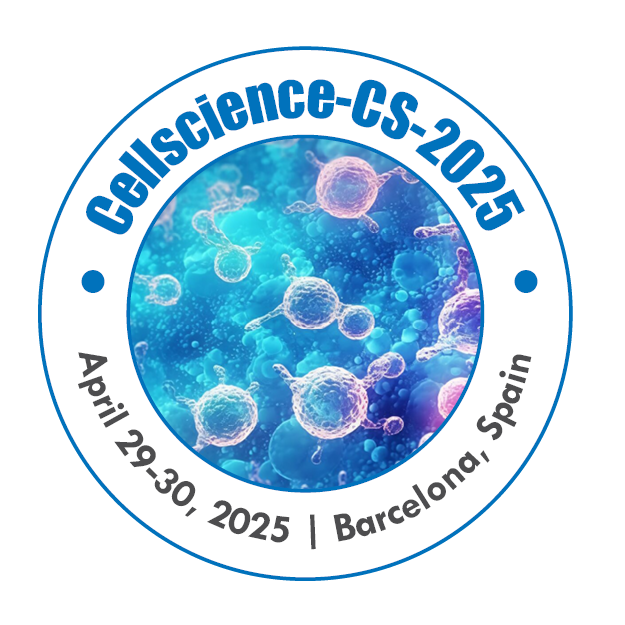Proteomics and Protein Engineering
Proteomics and Protein Engineering are key areas of research in molecular biology and biotechnology, focusing on the study and manipulation of proteins, which are essential molecules for the structure, function, and regulation of cells and organisms. The large-scale study of proteins, including their structures, functions, interactions, and modifications within a biological system. The linear sequence of amino acids in a protein. Regular, repeated patterns in the protein chain, such as alpha helices and beta sheets. The overall three-dimensional shape of a protein, crucial for its function. The arrangement of multiple protein subunits in a larger protein complex. The process by which information from a gene is used to synthesize a functional protein. Chemical modifications to proteins after they are synthesized, affecting their structure and function. The physical contacts between proteins that occur in a cell. Managing and interpreting large-scale proteomics data sets. Studying protein expression at the level of individual cells. Understanding protein structures at a high resolution to inform drug design and protein engineering efforts.Proteomics and Protein Engineering are dynamic fields that continue to advance our understanding of biological systems and drive innovation in medicine, biotechnology, and beyond.
Related Conference of Proteomics and Protein Engineering
21th World Congress on Tissue Engineering Regenerative Medicine and Stem Cell Research
16th International Conference on Human Genetics and Genetic Diseases
19th International Conference on Genomics & Pharmacogenomics
Proteomics and Protein Engineering Conference Speakers
Recommended Sessions
- Stem Cell Research and Therapy
- Cell and Tissue Engineering
- Bioinformatics and Systems Biology
- Cancer Biology and Cell Signaling
- Cell Cycle and Cell Division
- Cell Migration and Invasion
- Cellular Mechanotransduction
- Cellular Metabolism and Metabolic Disorders
- CRISPR and Genome Editing Technologies
- Developmental Biology and Regenerative Medicine
- Epigenetics and Epigenomics
- Microbiome and Host Interactions
- Molecular and Cellular Immunology
- Molecular Genetics and Gene Therapy
- Molecular Pathology and Diagnostics
- Nanotechnology in Cell Biology
- Neurobiology and Neurodegenerative Diseases
- Proteomics and Protein Engineering
- Signal Transduction and Cell
- Single-Cell Analysis and Applications
- Structural Biology and Molecular Dynamics
- Synthetic Biology and Bioengineering
Related Journals
Are you interested in
- 3D Bioprinting, Organ Fabrication & Bioartificial Tissues - Stem Cell 2026 (Netherlands)
- Aging Biology, Longevity Science & Cellular Rejuvenation - Stem Cell 2026 (Netherlands)
- Artificial Intelligence and Computational Biology in Regenerative Medicine - Stemgen 2026 (Japan)
- Bioinformatics, AI Models & Predictive Regeneration - Stem Cell 2026 (Netherlands)
- Biomaterials and Nanotechnology in Regenerative Medicine - Stemgen 2026 (Japan)
- Cancer Stem Cells & Targeted Therapeutics - Stem Cell 2026 (Netherlands)
- Cancer Stem Cells and Oncology - Stemgen 2026 (Japan)
- Cardiac, Vascular & Musculoskeletal Regeneration - Stem Cell 2026 (Netherlands)
- Cardiovascular Regeneration - Stemgen 2026 (Japan)
- Clinical Translation of Stem Cell Therapies - Stem Cell 2026 (Netherlands)
- Clinical Trials and Translational Stem Cell Research - Stemgen 2026 (Japan)
- Commercialization, Biobanking & Industry Innovations - Stem Cell 2026 (Netherlands)
- Ethical, Legal, and Social Implications in Stem Cell Research - Stemgen 2026 (Japan)
- Ethical, Regulatory & Quality Control Frameworks - Stem Cell 2026 (Netherlands)
- Exosomes, Extracellular Vesicles & Cell-Free Therapeutics - Stem Cell 2026 (Netherlands)
- Future Trends: Organoids, Bioengineering, and Next-Generation Therapies - Stemgen 2026 (Japan)
- Gene Editing and CRISPR Technologies - Stemgen 2026 (Japan)
- Gene Editing, CRISPR Therapies & Regenerative Genomics - Stem Cell 2026 (Netherlands)
- Induced Pluripotent Stem Cells (iPSCs) and Reprogramming - Stemgen 2026 (Japan)
- Mesenchymal Stem Cells (MSCs) in Therapy - Stemgen 2026 (Japan)
- Regeneration in Neurodegenerative & Spinal Cord Disorders - Stem Cell 2026 (Netherlands)
- Regenerative Approaches in Diabetes & Metabolic Disorders - Stem Cell 2026 (Netherlands)
- Regenerative Dentistry and Craniofacial Applications - Stemgen 2026 (Japan)
- Regenerative Immunology & Immune Modulation - Stem Cell 2026 (Netherlands)
- Regenerative Medicine and Tissue Engineering - Stemgen 2026 (Japan)
- Stem Cell Banking and Cryopreservation - Stemgen 2026 (Japan)
- Stem Cell Biology and Cellular Mechanisms - Stemgen 2026 (Japan)
- Stem Cell Engineering & Cellular Reprogramming - Stem Cell 2026 (Netherlands)
- Stem Cells in Neurological and Neurodegenerative Disorders - Stemgen 2026 (Japan)
- Tissue Engineering, Biomaterials & Smart Scaffolds - Stem Cell 2026 (Netherlands)

